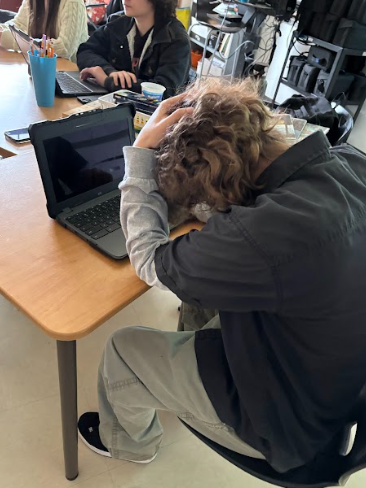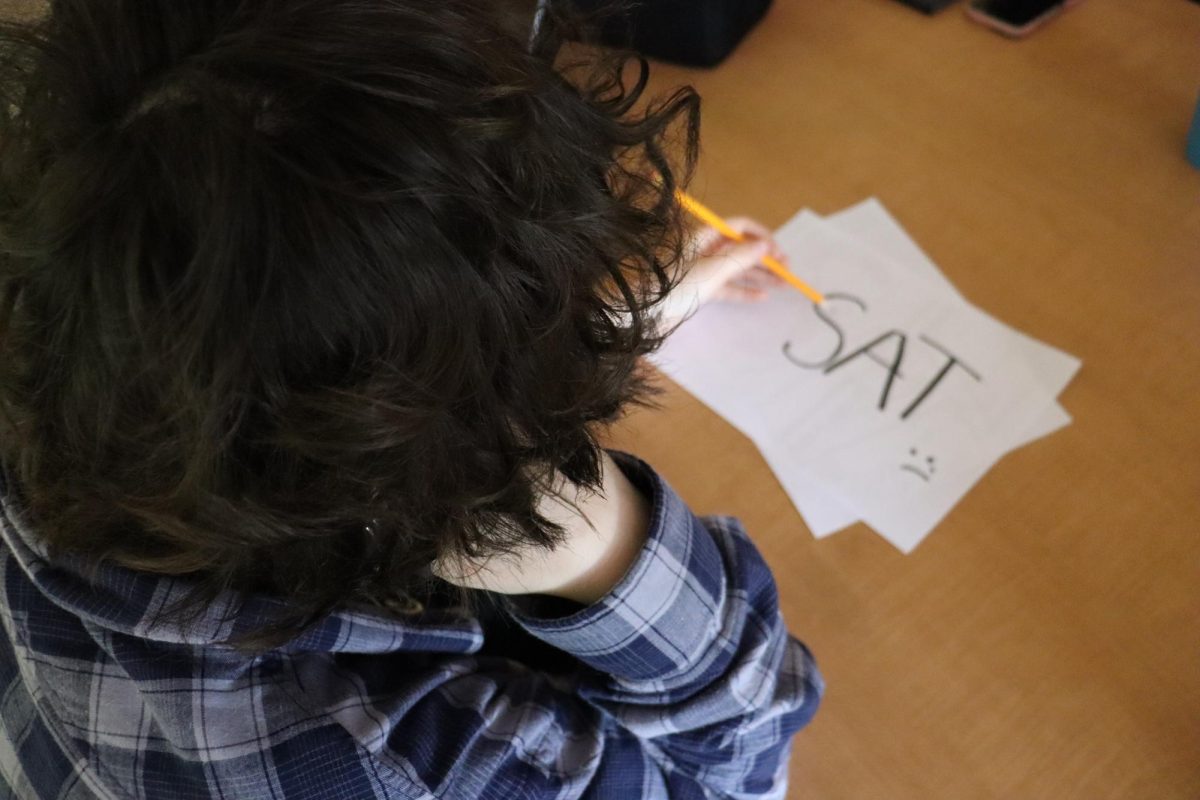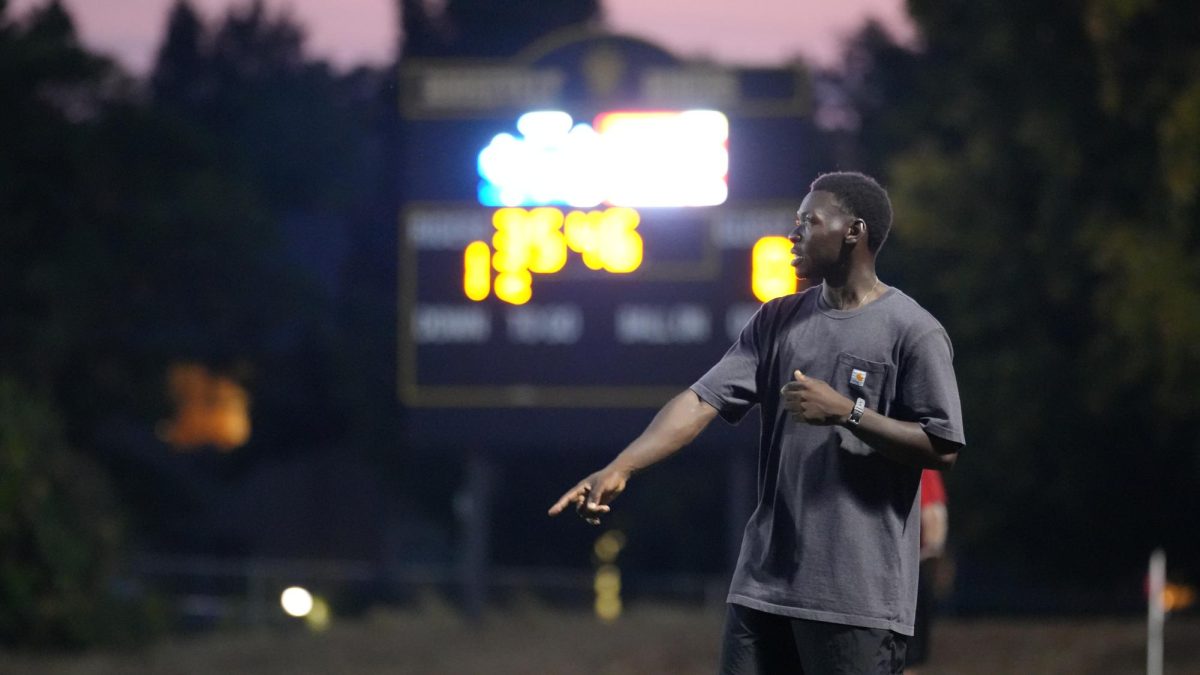Rumors about new phone policies have been buzzing throughout the district. At the start of the 24-25 school year the “off and away during class” policy was introduced at Roosevelt. Many other schools introduced similar policies, while simultaneously Grant and Cleveland introduced Yondr pouches. Yonder are personal pouches that lock phones all day with a magnet, allowing students to keep their phones on their person without having access to them. Yondr is being used by these schools to enforce an “off and away all day” policy. As of January 7th the school board has voted on an “off and away all day” policy that applies to all schools beginning fall of 2025. What will this look like at RHS? And what does this mean for the future of students?
First, what does “off and away all day” mean? To simply put it, students will not have access to their phones for the entirety of the school day including lunch and passing periods. School board member Edward Wang explained, “The ideal outcome is that we lessen the negative effects of screen usage and dependence, as well as reducing the daily struggles teachers are dealing with managing phone distractions. Again, from schools that have successfully implemented a workable system, we are hearing a growing number of student feedback too saying how much they are appreciating the change.”
One of the aspects of the policy that has caught the attention of students is regulating phones at lunch. School board member Patte Sullivan addressed this, “ I envision students eating lunch and interacting with each other. I understand that the time to eat lunch is not very long at most schools, so there is not much down time. Ideally, students and staff can have better interactions in this time period.” While the idealistic view of a more social lunch hour is appealing, there are many safety and logistical concerns for students, especially in high schools like Roosevelt with off campus programs. The PPS School Board plans of delegating the logistics of off campus restrictions to each school, but as Wang describes, “the data shows that people are much safer without their phones, as a too high number of pedestrian accidents have been attributed to inattentiveness due to phones.”
Personally I disagree with this sentiment, even if data showcases phones increase accidents, the world we live in is not equipped for students to traverse through the city without phones. In 2016 there was a 95% decline in pay phone availability, which is just one of the many changes in our cityscape and culture limiting phoneless safety. Many students drive and travel miles during lunch breaks, with the reliance on phones for navigation, it’s just unrealistic to expect students to stop using their phones as a tool. Also phones aren’t going away anytime soon, so wouldn’t it be better to address the increased pedestrian accidents due to them through students having a better self regulation and relationship with them, than an outright ban?
In terms of how the schools are going to maintain “off and away all day” is still up in the air, with most of the logistics handed to the individual schools. Yondr is already utilized by multiple high schools with mixed opinions, including concerns about long lines in the morning and evening to unlock the pouches with the specialized magnet. There is also a high cost of Yondr pouches for each student, with each pouch being approximately 25-30 dollars per student. Even if they were provided by the district, that is a huge amount of a school’s budget that could be given to struggling programs like the arts, or the proposed cuts to teachers and staff. When asked about the issues with Yondr, Sullivan suggested schools start a Go Fund Me, and that the lines and logistical issues such as broken pouches will be figured out over time. Other tools schools can consider using include calculator wall hangers and lock boxes.
As a student who has attended a school that successfully implemented Yondr as well as Roosevelt, I fear how this will play out. There is no doubt that phones pose a great distraction to students’ learning and create a difficult environment for teachers, but phones are not going away. The world is built around technology and outright banning it from schools does not pose a place for students to develop regulation and utilize technology successfully. Many students support turning their phones off during class but not all day. A school board member explains that “all day restrictions incentivizes more students to leave them at home” as well as having a higher success rate. While it’s a fine balance between improving students’ education and creating logistical, safety, and quality of life issues. I would encourage the school board to consider the voices and perspectives of students and just think, would you want to turn your phone off all day?


























